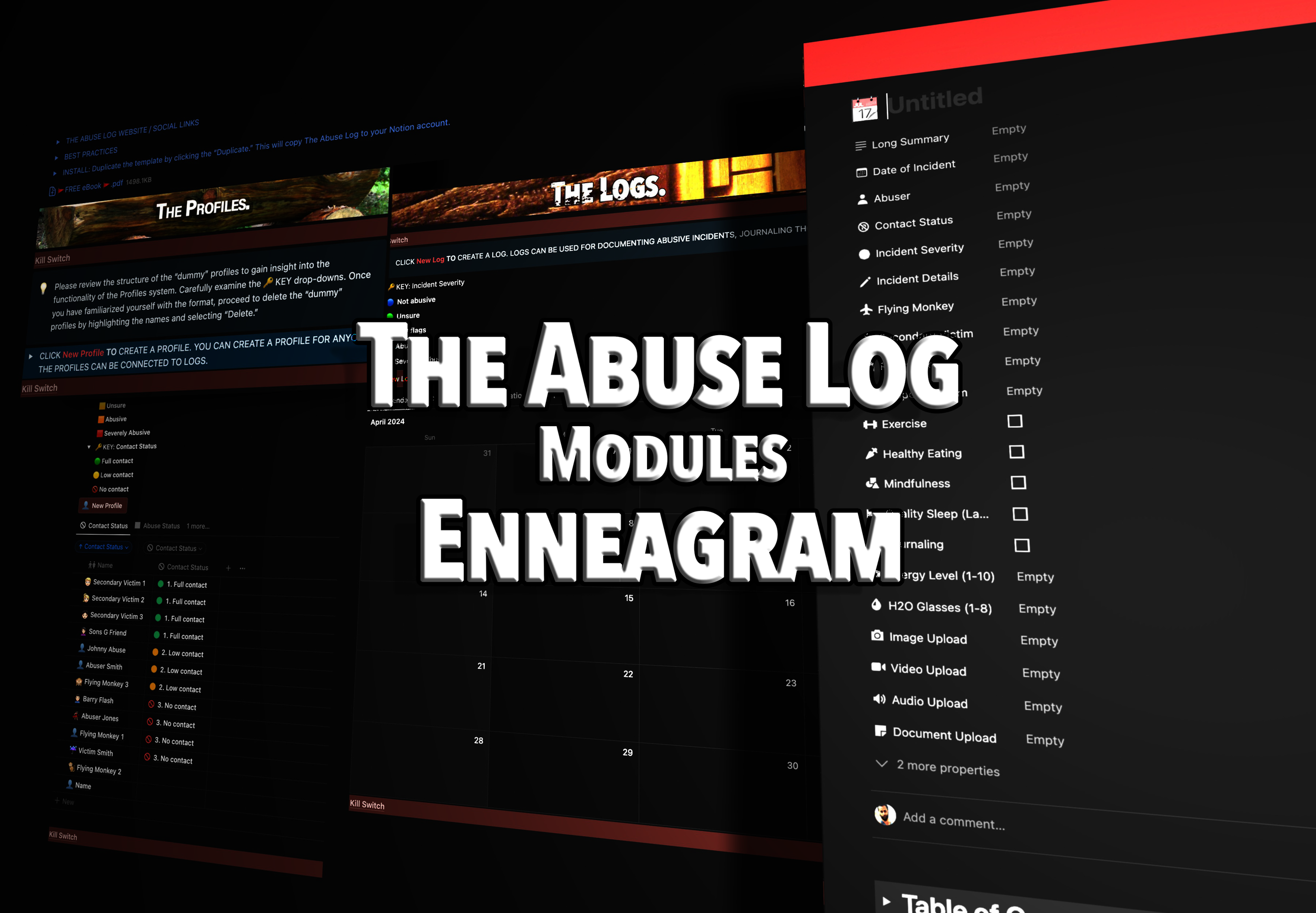How Borderline Personality Disorder Harms Families and Children
Borderline Personality Disorder (BPD) is one of the most misunderstood and stigmatized mental health conditions, but its effects on families, particularly children, can be devastating. This isn’t just about the individual diagnosed with BPD—it’s about the ripple effect their behaviors can have on those closest to them. Families often find themselves caught in the throes of chaos, walking on eggshells, and struggling to maintain a semblance of stability in the face of emotional volatility, manipulation, and unmet needs.
The Hallmarks of BPD That Impact Families
People with BPD experience intense emotional dysregulation, often swinging between idealization and devaluation in their relationships. While this isn’t inherently their fault—since BPD often stems from traumatic childhood experiences—its impact can be catastrophic when they are a parent or partner. Here’s why:
Emotional Instability and Volatility
A person with BPD may struggle to manage their own emotions, leading to explosive anger or inconsolable despair. For families, this often creates an unpredictable environment, leaving loved ones unsure when the next emotional storm will hit. Children, in particular, are profoundly affected by such instability, as they thrive on consistency and safety.Splitting and Black-and-White Thinking
People with BPD often engage in "splitting," seeing people or situations as all good or all bad, with no middle ground. One moment, a family member may be praised as perfect; the next, vilified as the source of all problems. Children subjected to this form of relational turbulence may internalize a sense of inadequacy or fear abandonment, leading to emotional scars that last a lifetime.Projection and Blame
In relationships, individuals with BPD may project their feelings of inadequacy, insecurity, or fear onto others, leading to accusations or conflicts. Families, especially children, may become the scapegoat for the individual’s unresolved emotions, fostering guilt, shame, and confusion in young minds.Fear of Abandonment and Clinginess
The intense fear of abandonment that characterizes BPD can manifest in overbearing attachment or attempts to control family dynamics. Children may feel smothered or struggle to develop autonomy, while partners can experience emotional exhaustion from constantly reassuring the person with BPD.Manipulative Behavior and Emotional Abuse
Emotional manipulation, whether conscious or unconscious, is often a survival mechanism for individuals with BPD. They may use guilt, silent treatment, or other tactics to maintain control. For families, this creates a toxic environment where trust erodes, and children may develop unhealthy relational patterns as they mirror what they see.

The Impact on Children: A Lasting Legacy
Children growing up in a household affected by BPD are often the most vulnerable victims. Their emotional and psychological well-being is deeply tied to the stability and behavior of their caregivers, and when one parent has BPD, the following impacts are common:
Chronic Anxiety: Living with a parent whose emotions can shift unpredictably creates an environment of constant tension. Children may grow up feeling hypervigilant, always trying to anticipate or prevent emotional outbursts.
Attachment Issues: Children may struggle with attachment, either becoming overly dependent on the BPD parent out of fear of abandonment or avoiding emotional closeness altogether to protect themselves.
Emotional Neglect: While a parent with BPD may have moments of intense love and affection, their emotional focus often shifts back to their own needs. Children may feel overlooked or unloved when their parent is caught in the throes of their own struggles.
Risk of Developing Similar Issues: Growing up in a chaotic household can predispose children to develop mental health issues, including anxiety, depression, or even traits of BPD themselves.
Navigating Relationships with a Family Member with BPD
While the challenges of living with someone with BPD are significant, families can take steps to minimize the impact, particularly on children. Education, therapy, and setting clear boundaries are crucial. Here are a few strategies:
Seek Professional Help
Therapy for both the individual with BPD and their family is essential. Dialectical Behavior Therapy (DBT) is particularly effective for managing BPD symptoms. Family therapy can help improve communication and establish healthier dynamics.Establish Boundaries
Healthy boundaries are critical when dealing with someone with BPD. These boundaries should be clear, consistent, and enforced to protect all family members, particularly children.Educate Yourself and Others
Understanding BPD helps reduce stigma and create realistic expectations. It’s important to remember that people with BPD are not inherently malicious but are struggling with deep pain and trauma.Focus on the Children
Ensuring children have access to a stable and loving environment is paramount. This may mean involving extended family members or even pursuing legal avenues in extreme cases where a parent’s behavior is severely detrimental.Self-Care for Non-BPD Family Members
Partners and children of individuals with BPD often neglect their own well-being while caring for their loved one. Self-care, therapy, and support groups can provide the emotional fortitude needed to navigate such challenging relationships.
Breaking the Cycle
BPD is not a moral failing, nor is it an excuse for harmful behavior. It is a mental health condition that requires empathy and treatment, but families must also protect themselves from its potential fallout. Recognizing the signs, seeking help, and creating a support network can mitigate the damage, especially for children who deserve a childhood free from chaos and fear.
By addressing the challenges head-on, families can break the cycle of dysfunction and offer a path toward healing for everyone involved. After all, love and understanding are powerful tools—but they must be paired with boundaries and action to truly make a difference.


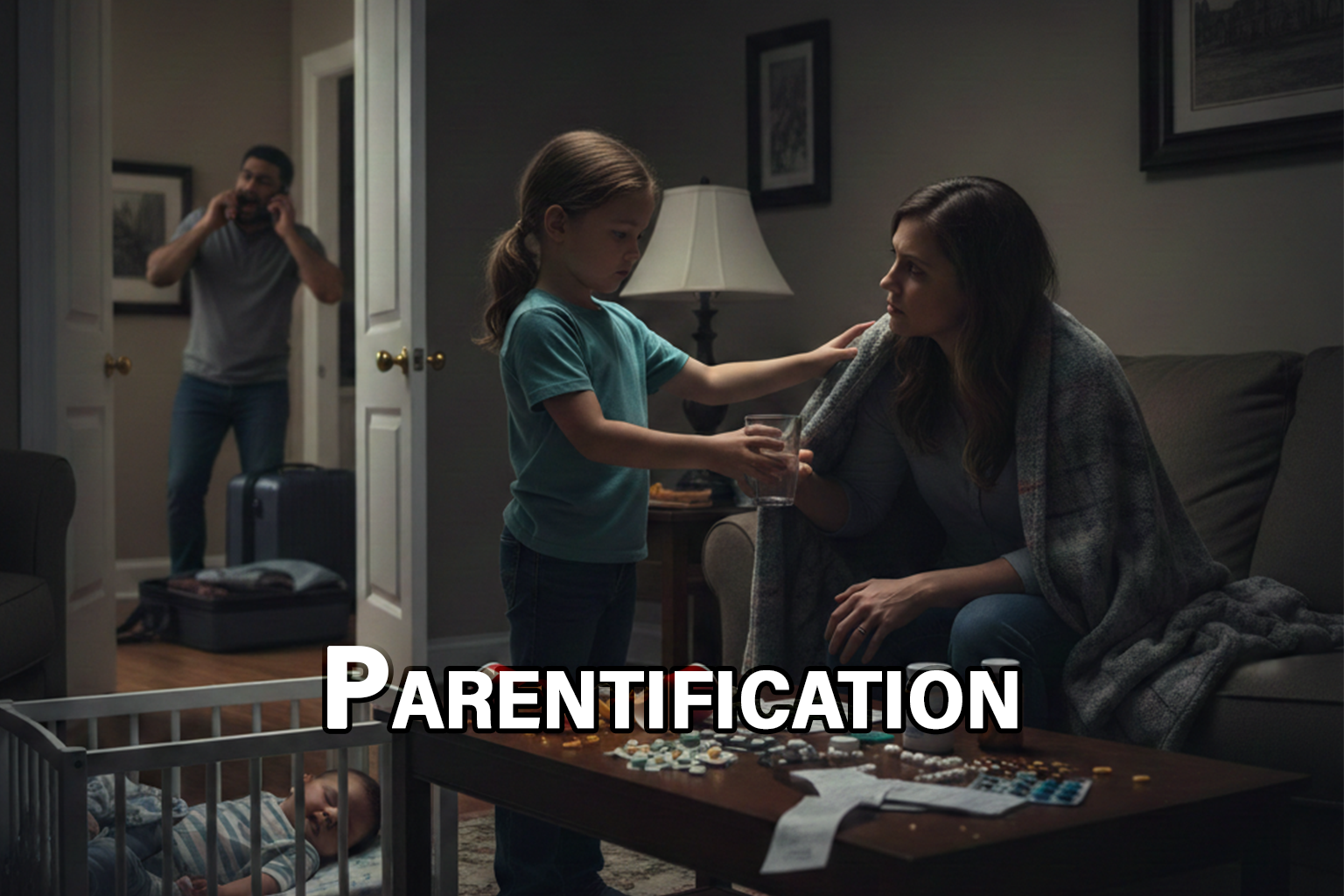
























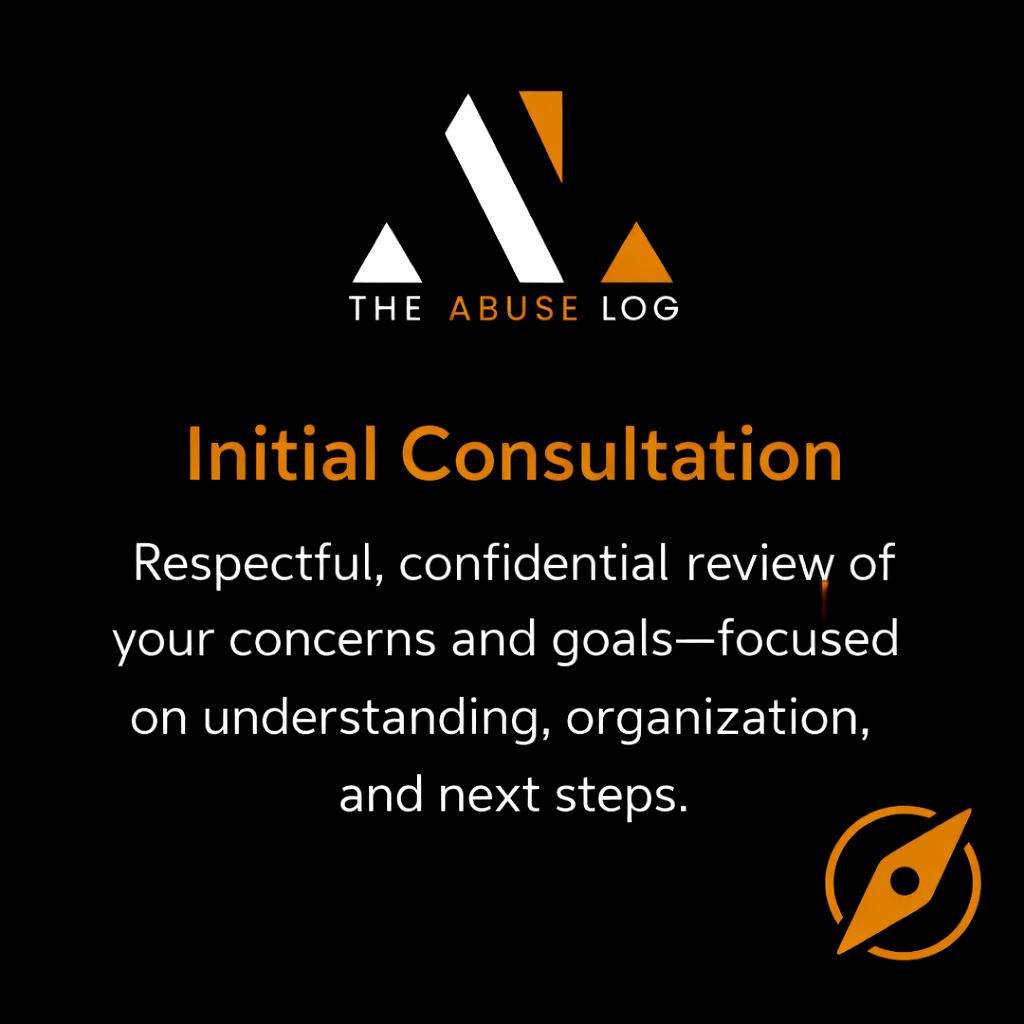
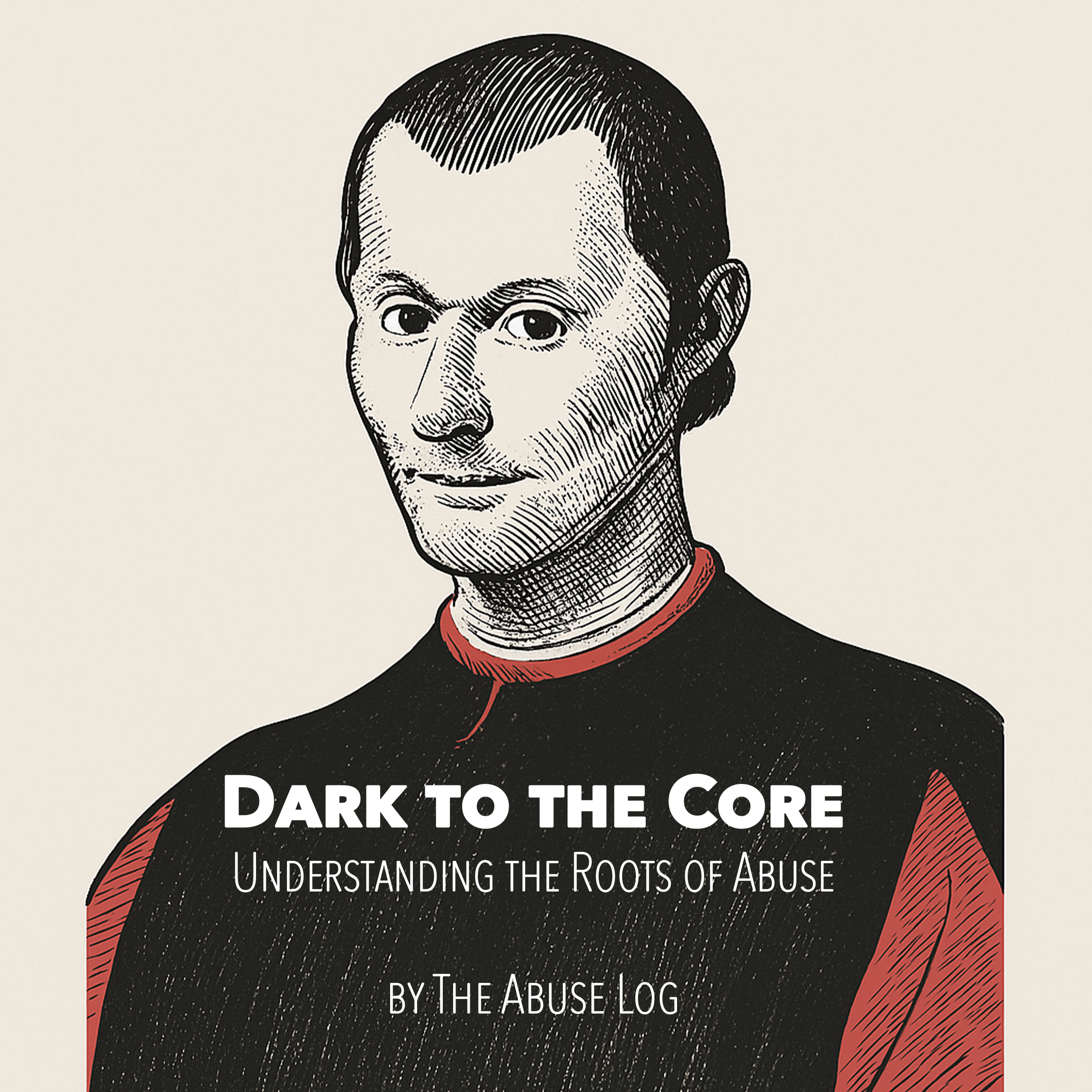
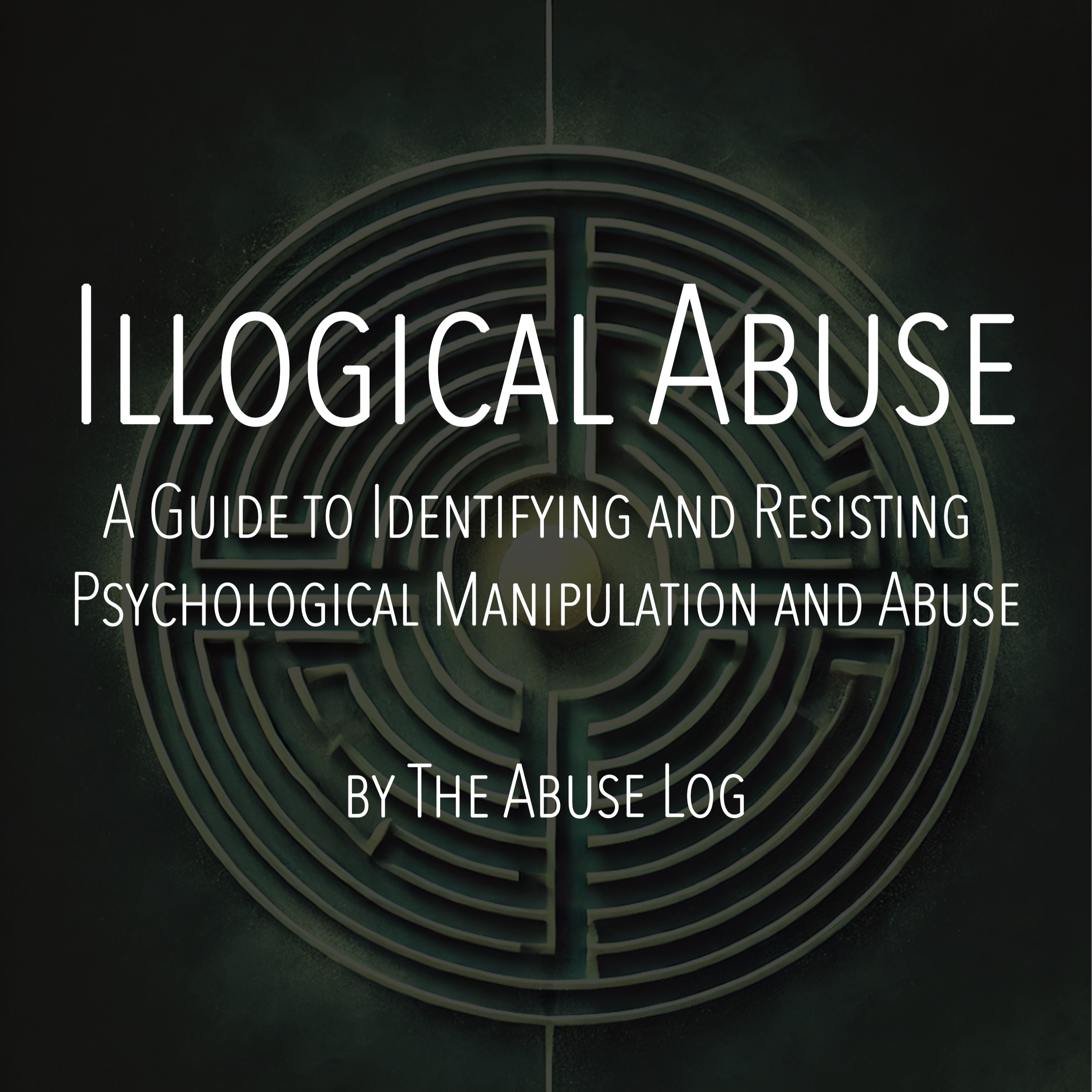

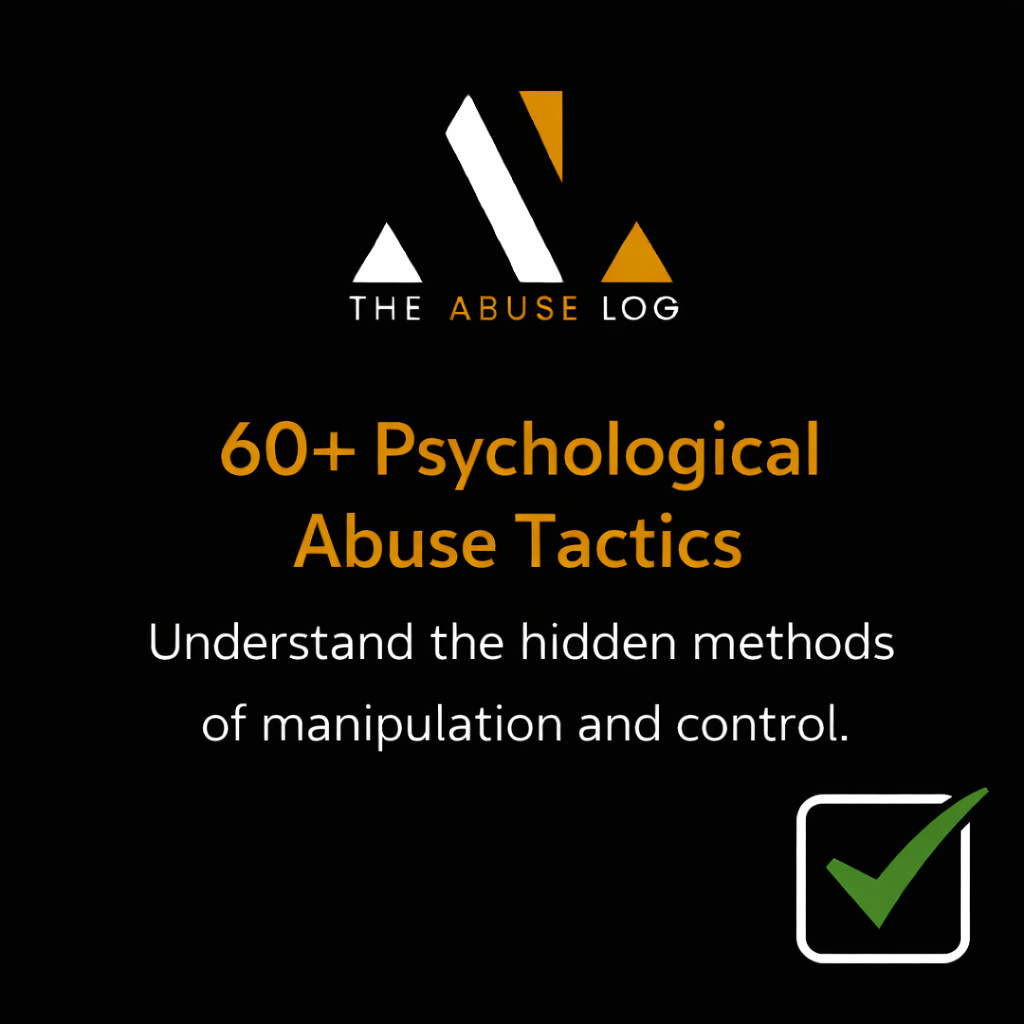
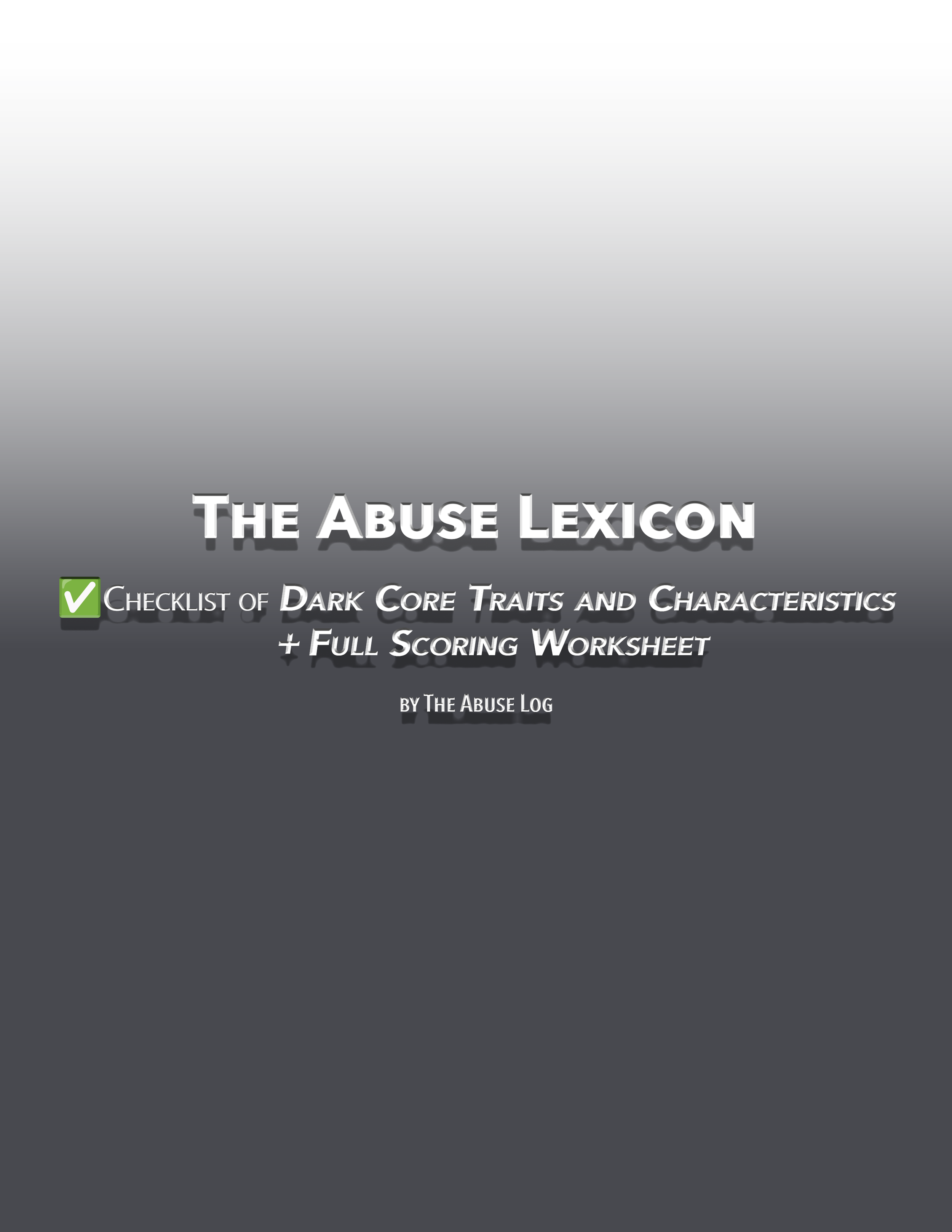

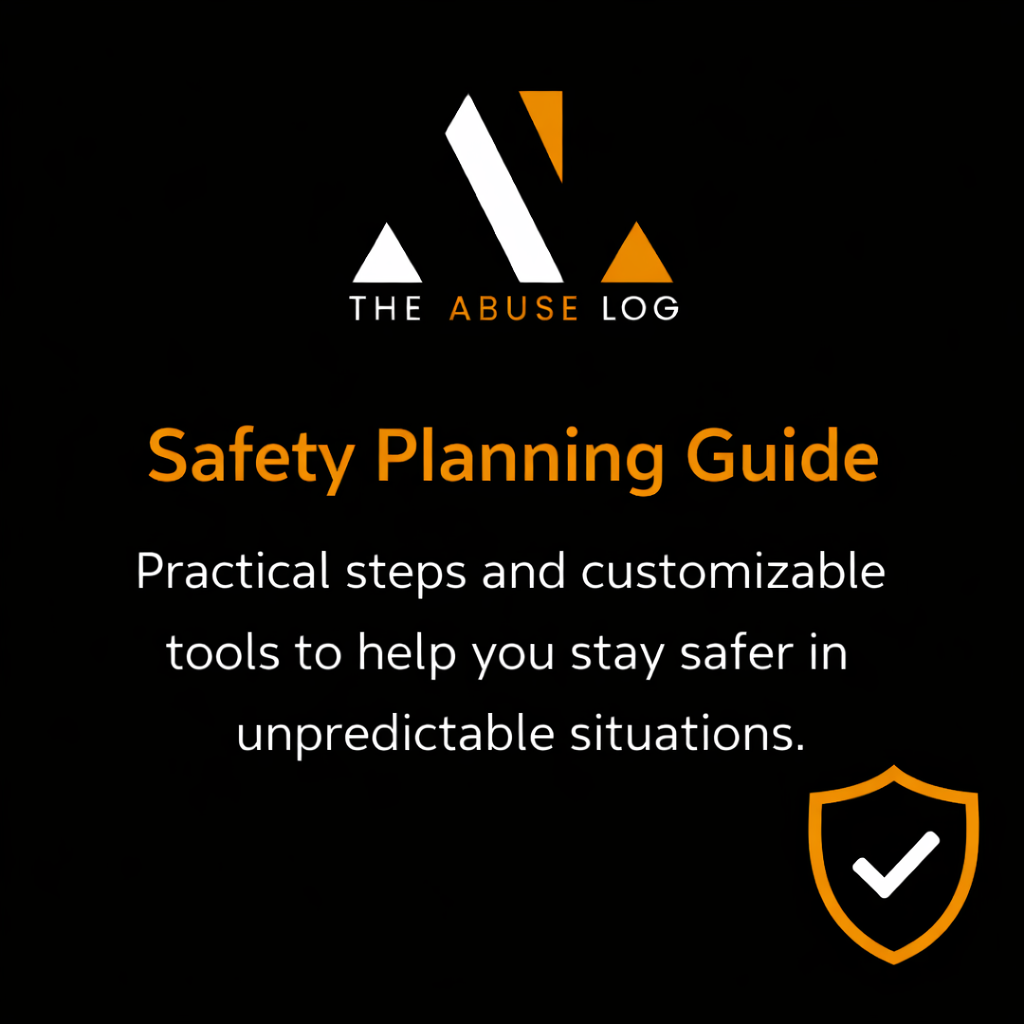
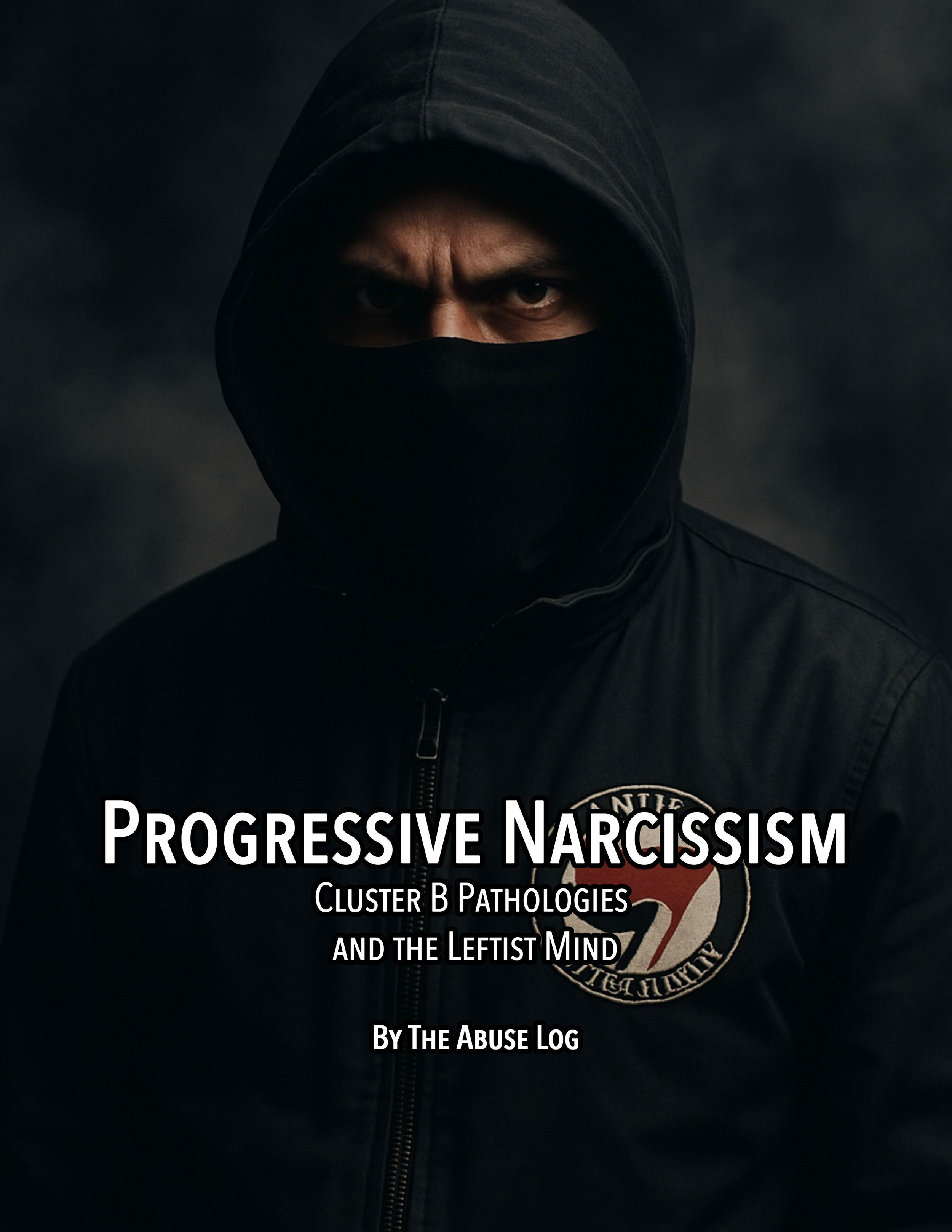
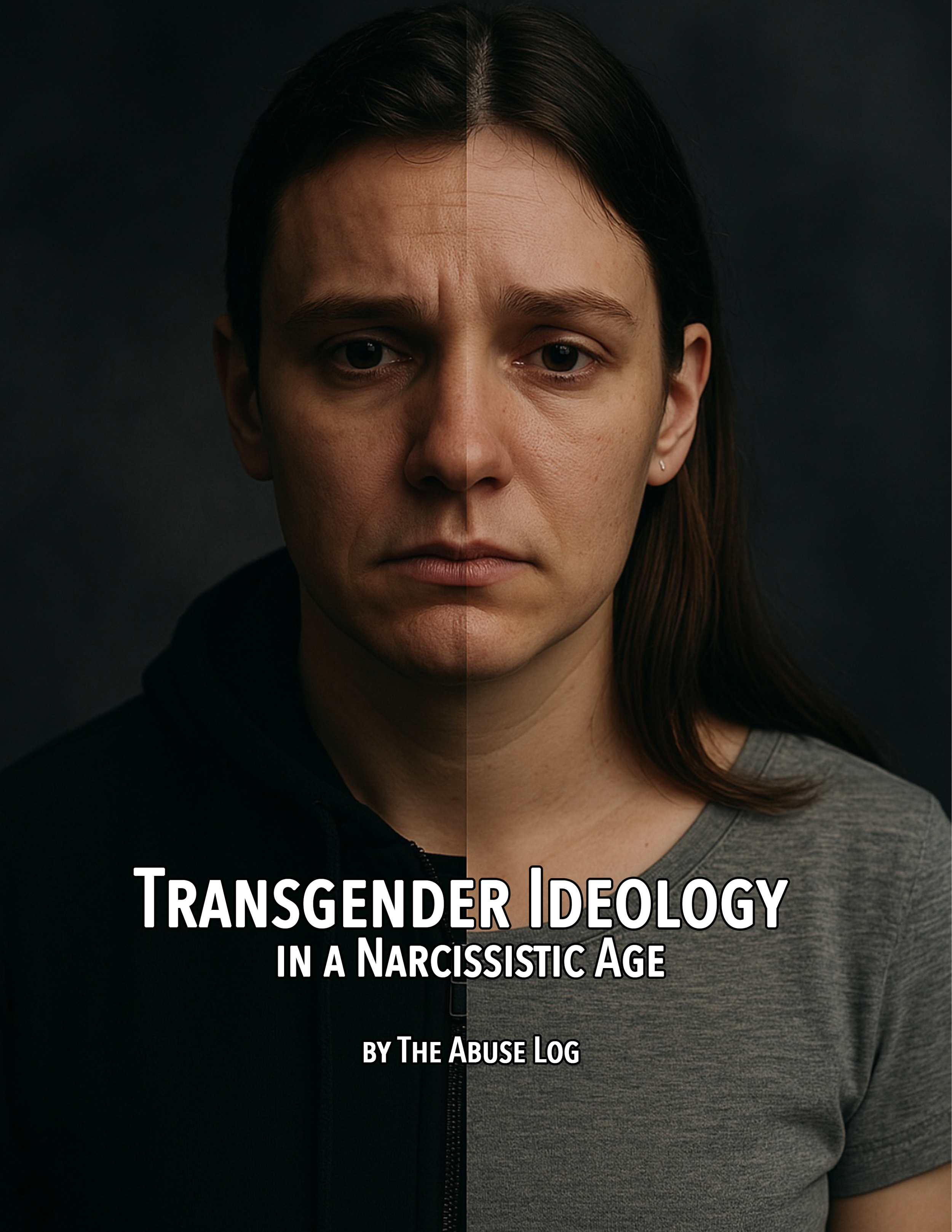
![🗂️ The Abuse Log [Basic]](https://images.squarespace-cdn.com/content/v1/65b9553c448d7e5b0ec1dfcd/4c83e581-b720-4cbe-83b1-2d72e7a9ac8a/Logo+Gumroad-Basic.png)
![🗂️ The Abuse Log [Advanced]](https://images.squarespace-cdn.com/content/v1/65b9553c448d7e5b0ec1dfcd/0d44e3de-2a17-4824-abe1-13b4daabea34/Logo%252BGumroadAdvanced.webp)
![🗂️ The Abuse Log [Professional]](https://images.squarespace-cdn.com/content/v1/65b9553c448d7e5b0ec1dfcd/7fa18cea-edf4-4325-8234-13f3527579c2/Logo+GumroadProfessional.png)






